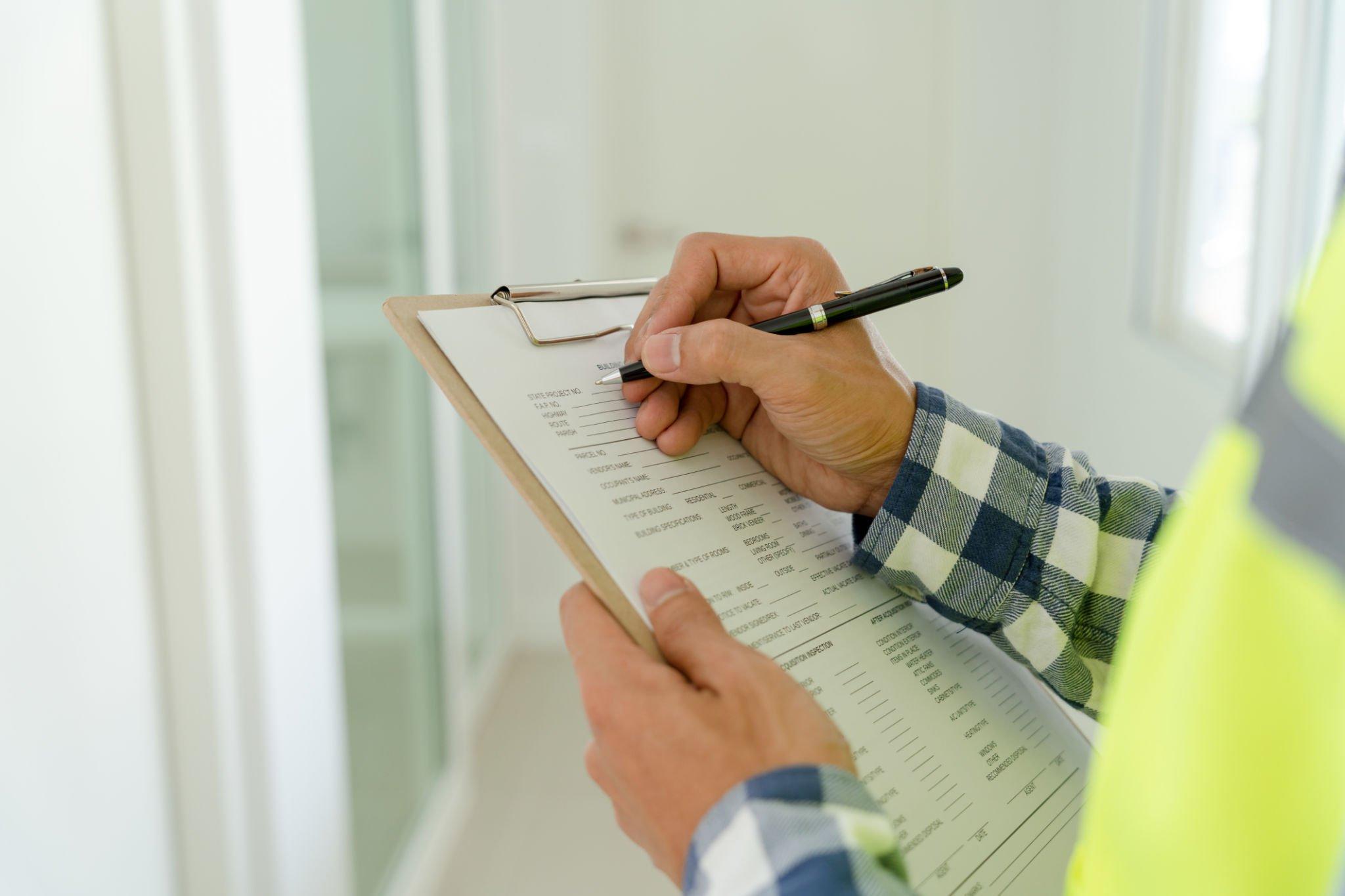
The British Standard BS 5839-6:2019 mandates a weekly fire alarm system test for optimal functionality. Testing ensures the system operates effectively in case of a fire. Familiarise yourself with the fire alarm panel locations to guarantee smooth operation and timely fire detection.
On top of weekly fire alarm checks, a detailed inspection every six months for a thorough check should be conducted. Trust the experts and allow RACAM to keep your Glasgow business safe.
It’s important to test a different call point each time to make sure your entire fire alarm system is functioning as it should be!
Regularly testing these systems, following manufacturer guidelines and national standards, helps ensure they’re ready to protect lives and property in case of a fire. For detailed and accurate testing, consider professional fire alarm services in Glasgow to guarantee your system’s reliability.






Your company’s designated fire safety professional (generally the property manager or fire warden) holds a legal obligation for regular service and maintenance of the fire alarm in a building.
To ensure the system’s efficiency and durability, a competent specialist, approved under BAFE SP203-1, must conduct this maintenance. Such as our fire safety professionals at RACAM.
Keeping a detailed logbook of weekly tests and service visits to maintain a comprehensive record of the fire alarm’s upkeep is a must. Trust our qualified experts to maintain your fire alarm systems, guaranteeing your Glasgow premises safety.

Most automatic fire alarms detect various elements beyond fires, leading to false alerts from steam, smoke, or aerosols. This highlights the value of having weekly tests conducted by fire safety professionals for your Glasgow business.
By choosing the right commercial fire alarm to install for your Glasgow business, maintaining it diligently, investigating false alarms, and introducing cautious filtering processes, you can significantly decrease false alarms, ensuring a more reliable fire alarm system and the safety of occupants and emergency responders.
For expert weekly fire alarm testing services and advice, get in touch with our fire safety engineers today for a free quote.





RACAM is here to make sure your commercial fire alarm system is up to the mark, keeping your premises safe and secure.
Our trusted team in Glasgow is ready to provide you with expert weekly fire alarm testing as well as other comprehensive fire services. Don’t hesitate to get in touch with us today for professional advice, reliable solutions, and a free weekly fire alarm testing quote specifically to meet your Glasgow business’s fire safety needs!




Every year there are more than 1 million burglaries and attempted burglaries in the UK, and we want to help reduce that number significantly. There are many ways to protect your premises and with our knowledge and expertise, you’ll be in safe hands.
Setup by Brian Maguire & Joe Armstrong in 1998 and later joined by Brian’s son Calum, their team are proud to have protected thousands of homes and businesses throughout Central Scotland.
Our engineers are fully trained & suitably qualified, and our business is NSI accredited meaning that we are recognised by the industry’s premier security & fire certification body for our technical expertise and reassuring quality of service.
With 38% of businesses with premises finding themselves a victim of crime, the most prevalent of which was theft, having a reliable security system is a must (Gov.UK). We offer expert advice and quality products at affordable prices.
A UK home is burgled every 164 seconds (Cladcodecking.com). A home security system not only gives you peace of mind it can also deter crime. For expert advice, quality products at affordable prices contact us today. Your safety and security is our business.